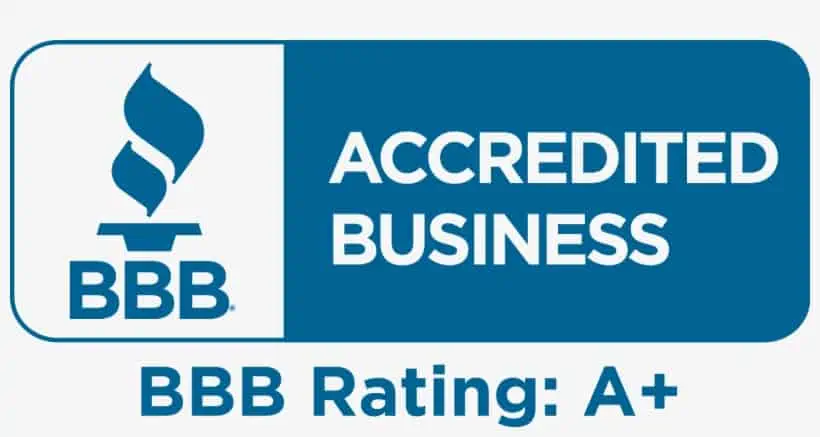While the Tax Cuts and Jobs Act has done away with many deductions previously allowed (state income and personal property taxes in excess of $10,000, investment expenses, alimony payments stemming from divorce, and employee business expenses, to name a few, the good news for the self-employed (par-time side hustles or full-time), who make up the majority of businesses in this country, is that they can still reduce their taxable income by making solo 401k contributions.
Contributions to a solo 401k plan can be made on a pretax basis, resulting in being able to contribute up to $55,000 or $61,000 for those 50 or older in 2018. For self-employed businesses where both spouses work in the same business, each spouse can contribute $55,000 or $61,000 thus resulting in being able to reduce their combined taxable income by $110,000 or $122,000 if age 50 or older.
The solo 401k contribution amounts discussed above additionally benefit the self-employed in saving on taxes by helping reduce their business taxable income in pass through entities such as sole proprietor, S-corp, LLC, and partnership because they all get a 20% reduction in business income. Known as the 1099A deduction or the qualified business income (QBI) deduction, the 20% QBI deduction only applies if the total taxable income is less than the $315,000 threshold for joint filers.
Here is an illustration
Susan and John are in their 50s and married. They are both CPAs and don’t have any full-time W-2 employees, so they open a solo 401k plan in 2018. Further, lets say their taxable income is $425,000. In order for them to qualify for the qualified business income (QBI) deduction, their taxable income will need to be less than $315,000. To qualify, they each contribute $61,000 (they qualify for the $6,000 solo 401k catch up contribution since they are 50 or older) to their solo 401k plan, so a combined amount of $122,000. They will thus fall below the $315,000 QBI figure which means they will be able to deduct 20% of their business income before paying federal taxes.
The Other Side of the Coin
In our next blog post we will discuss where solo 401k pretax contribution can have an adverse effect on the qualified business income (QBI) deduction so it may make more sense to make Roth solo 401k and voluntary after-tax contributions. The QBI or 1099A deduction is based on net income (after solo 401k plan contributions). As a result, making pretax solo 401k contributions will reduce the benefit of the QBI deduction for those who are already below the $315,000 QBI threshold.









